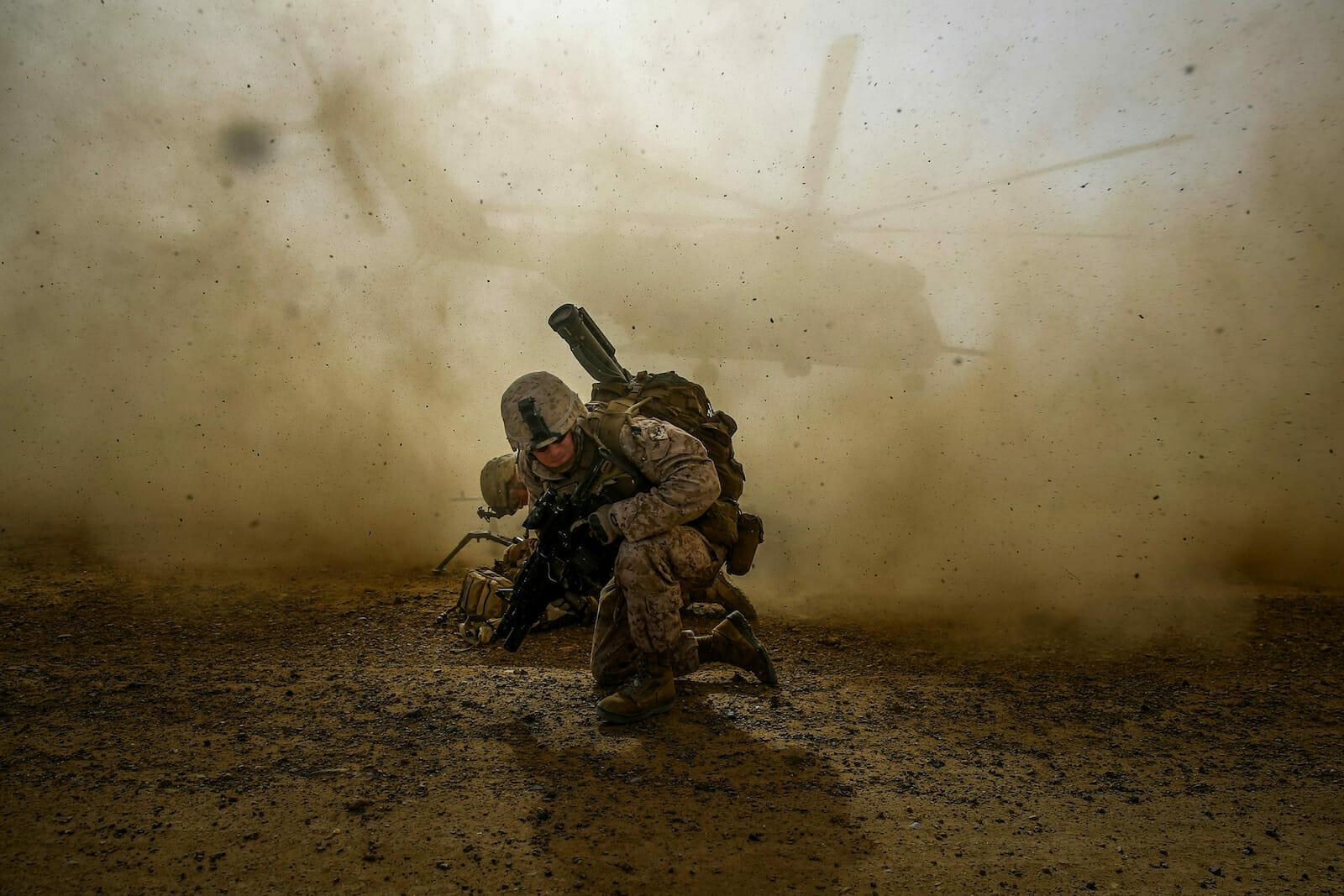
Making Sense of the Recent Suicide Attack in Kabul
Three decades of war and destruction have destroyed the fabric of Afghan society, but one quality that has characterized Afghans throughout their tumultuous history is their resilience, or ability to develop ongoing strategies for survival. I have previously painted a very bleak future about the security environment in Afghanistan and concluded that if the US discontinues its engagement with Afghanistan, the country could easily devolve into a brutal civil war.
At present, there is an aura of unprecedented uncertainty and confusion pervading the country which is why so many groups and factions, inside and outside of Afghanistan, are gearing up for what is to come. The truth is that no one knows what will happen in an Afghanistan where there is no United States, no NATO troops, no international aid. I asked a friend of mine whose brother is President Karzai’s national security adviser about what his brother thought would happen after the exodus of American troops. His response was startling: “He is more flabbergasted about the future than the ordinary people.” This is a scary situation given that Afghanistan’s economy is in shambles and desperately needs all the help it can receive to develop in multiple spheres in the decades to come.
The recent suicide attack on the Lebanese restaurant in Kabul, which claimed the lives of 21 people, including the head of the International Monetary Fund in Afghanistan, illustrated how fragile the security climate is. However, this barbaric and tragic event has been misinterpreted, in particularly by Nemat Sadat, a former instructor at the American University in Kabul.
Mr. Sadat argues in “Why the Taliban Attacked the Taverna du Liban in Kabul” that the Taliban targeted these individuals because they were “the leading figures calling for reform and ready to take measures to dismantle the institutionalized corruption and system of kleptocracy in Afghanistan.” He talks as if these four UN workers were the sine qua non for the elimination of corruption in Afghanistan. The truth is that like every other major malpractice in Afghanistan, corruption is well-established; its removal will take decades of effort and consistent oversight.
Consider India. It’s the largest democracy in the world. It is also endowed with one of the oldest bureaucracies in the modern world. Yet corruption is very much a reality; had it not been for India’s thriving private economy, the country would not have made the kind of progress we see today. Two-thirds of Indian politicians are under some kind of criminal indictment. Some of these charges are as serious and heinous as rape and murder. The point is that the excision of corruption is difficult and cannot be accomplished through the limited attempts of four UN workers. And the Taliban, contrary to what Mr. Sadat suggests, didn’t target them for that reason. In fact, the Taliban gains with a corrupt Afghan government. A stable regime in Kabul would undermine them. It’s in a corrupt government and an unstable political environment in which they see their comeback as inevitable.
The number of suicide bombings around the country has decreased in the last few months. This is not because the Taliban have grown more sympathetic toward the Afghan security forces or Afghans. It is rather because they, like other major political groups and warlords around the country, are planning to make themselves more appealing by showing that they are more capable of governance and providing security than the corrupt Afghan leadership.
The recent attack at the heart of Kabul’s most guarded and cosmopolitan space was a well-planned and sophisticated operation. It was designed not so much to weaken the Karzai administration but rather to expose its incompetence and vulnerabilities. This is a political move and a strategic calculation with which the Taliban are too familiar. Recall the circumstances leading up to the Taliban’s rise in the early 1990s, during another time when Afghanistan was very unstable. Kabul — the capital of the country — was a violent place. Constant fights would break out throughout the city during daylight among various Jihadi commanders. I remember these times vividly because on most of these days the reason I couldn’t attend school was either because one of my teachers had been killed or because the school had been taken over and turned into a beachhead against another rival group. On the peripheries, there was complete injustice and chaos. Dark, oppressive, and merciless forces were in charge. A sense of security and protection from those who wished to inflict harm was non-existent.
Then a ragtag army came onto the scene: it was the Taliban, whose principle, to borrow a phrase from Edward Gibbon, was savage fanaticism. They didn’t promise anything grand. In fact, they took away most of the relative liberties that existed. Life under the Taliban was hell but they provided one thing: security. No one denies the barbarity of the Taliban’s regime; that is well known to anyone who has spent even one day under their rule. During my recent travels throughout the country, people often talked about the lack of safety and how the Taliban could at least offer them security. The Taliban, once again, are trying to gain popularity among Afghans by showing them the one thing they need most and that their government is incapable of providing. Attacks like these are solely designed to achieve one thing: to get people to intensely disapprove of the government.
Mr. Sadat also offered a solution: “Remove all pro-ISI double agents from the Afghan government and destroy and dismantle Karzai’s kleptocracy.” This is a dangerous approach to the problem for several reasons. 1) Pakistani spies embedded in the Afghan government do not have the word “ISI Spy” tattooed on their foreheads.
Finding them is a lot more problematic than Mr. Sadat understands and cares to admit. 2) Yes, Pakistan’s ISI is heavily involved in Afghan politics and there’s enough evidence to prove that. However, the ISI is not the only player who sees its interests served in an unstable Afghanistan. There is also Iran, and it has been equally guilty of fomenting violence in Kabul, Herat, and other major provinces. 3) Even if it is found out that ISI agents were behind this attack, which I’m not ruling out, Afghanistan’s government is not in a position to fight back. After all, its economic survival almost depends on Islamabad. Afghanistan is a land-locked country with no access to water or a port; therefore, most commodities entering Kabul arrive via Pakistan. Given Kabul’s limited choices, it must play nicely with Islamabad.
What ought to be done? Afghanistan’s calamities are not here to stay forever. However, to speed up the process of removing major challenges standing in the way of development, Kabul must undertake a series of changes in both political and economic spheres. Zhou Enlai once wrote: “The helmsman must ride with the waves or he will be submerged with the tide.” The choice belongs to the next generation of Afghan leadership. What it decides to do will determine the fate of Afghanistan and its peoples.
